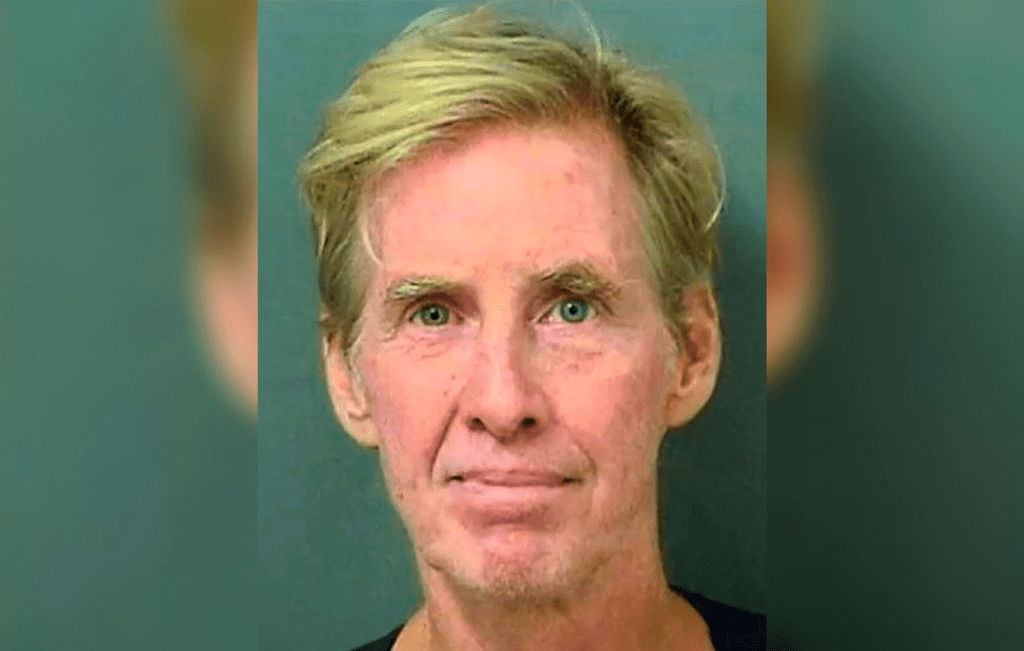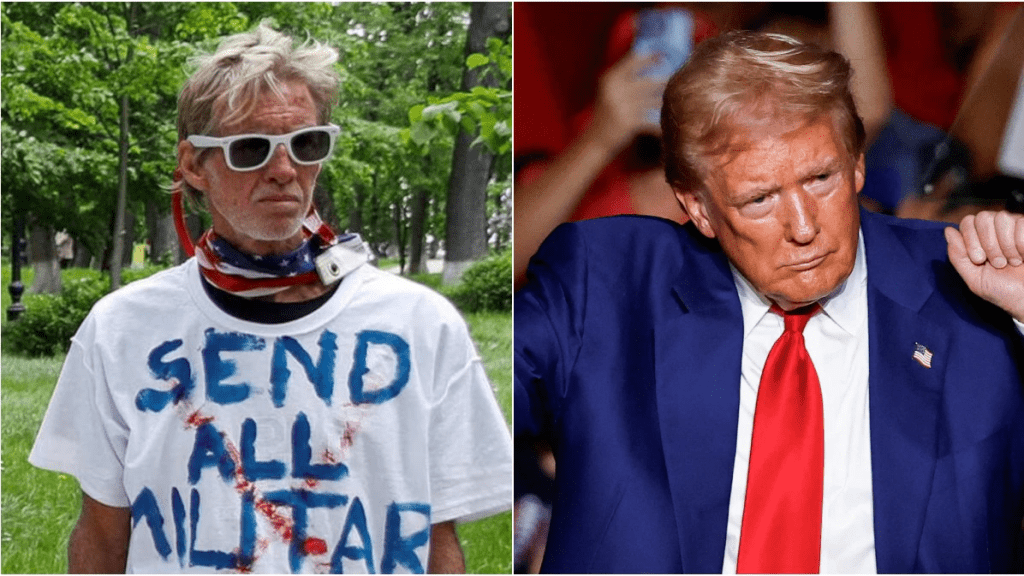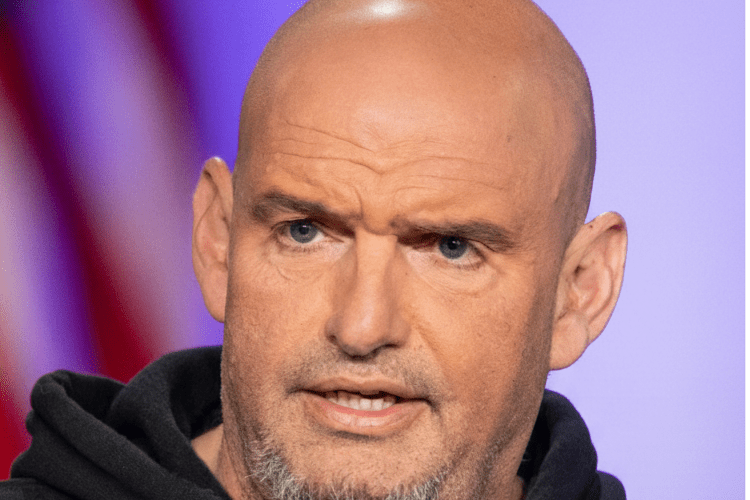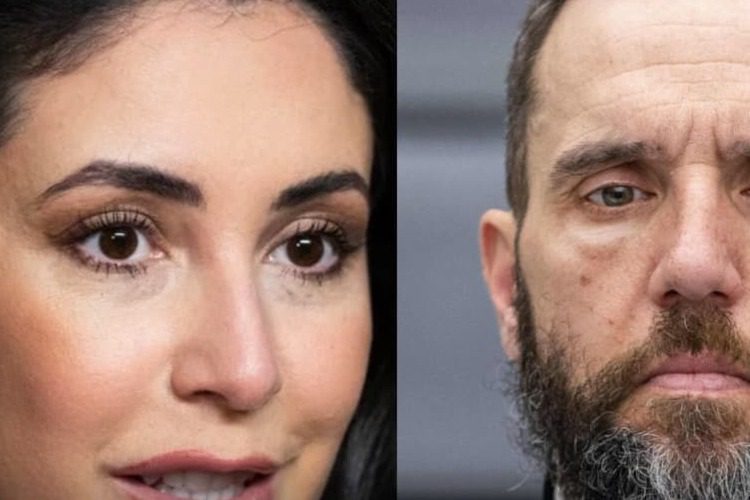Hawaii Man Convicted After Attempting to Assassinate Donald Trump at Florida Golf Course, Jury Deliberates Just Two Hours
Ryan Routh, a 59-year-old resident of Hawaii, has been found guilty of attempting to assassinate former President Donald Trump during a September 15, 2024 incident at Trump’s Florida golf course. The jury needed only two hours to reach a verdict, a detail that highlights how strong the prosecution’s case was, particularly with physical evidence and a note that reportedly detailed Routh’s intent.

The case has drawn national attention not only because of the severity of the charges but also because it marked the second attempt on Trump’s life in 2024. Just two months earlier, Trump had survived a shooting at a campaign rally in Pennsylvania, where the attacker, Thomas Matthew Crooks, opened fire from a rooftop. Together, these events have raised serious concerns about the adequacy of security around Trump, especially considering that in the Florida incident, parts of the golf course perimeter were reportedly not fully secured despite prior threats.

Routh’s defense added another unusual twist. Choosing to represent himself, he pleaded not guilty even in the face of compelling evidence, including eyewitness testimony, a rifle recovered near the scene, and written notes pointing to his plan. Legal scholars have long pointed to the risks of self-representation, noting landmark cases like Faretta v. California (1975), which established the right to self-representation but also acknowledged that defendants often harm their own chances without professional counsel. For Routh, the decision to go it alone likely made an already uphill battle impossible.
The quick deliberation underscored that jurors saw little room for doubt. Witnesses described Routh’s suspicious behavior around the golf course, and law enforcement pointed to the discovery of a firearm positioned for use. Combined with his own writings about Trump, the case presented a picture of intent that was difficult to refute.

The conviction now adds to the ongoing debate over political violence in the United States. Trump remains a highly polarizing figure, and the fact that two assassination attempts occurred in such close succession has only amplified concerns about safety at political events. For many supporters, the Florida case is not just about one man’s actions but about the broader environment that makes such attempts possible.
Routh’s guilty verdict is a stark reminder of the dangers faced by political leaders and the high stakes surrounding their protection. It also stands as a warning about the limits of self-representation in serious criminal trials, where the weight of evidence can be overwhelming. As sentencing approaches, the case will continue to be a flashpoint in conversations about security, justice, and the climate of political tension in America.



